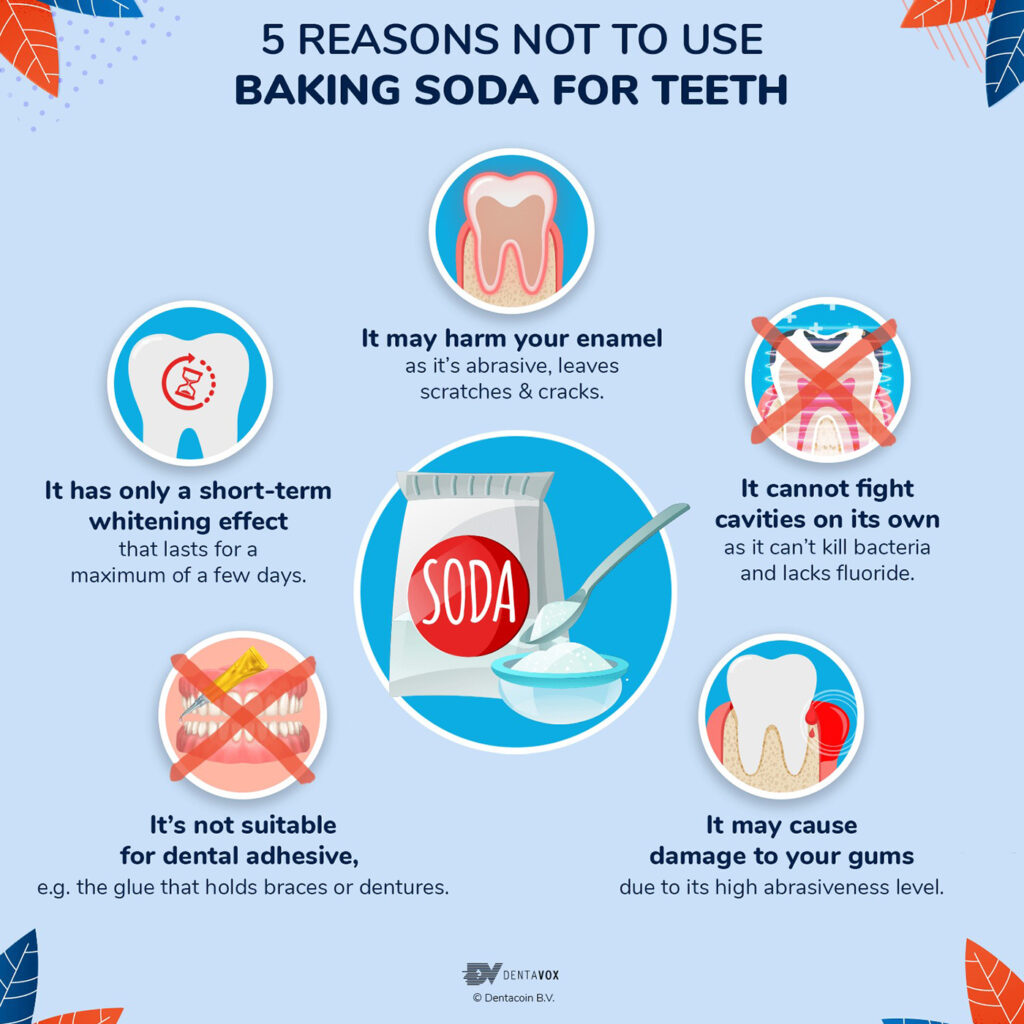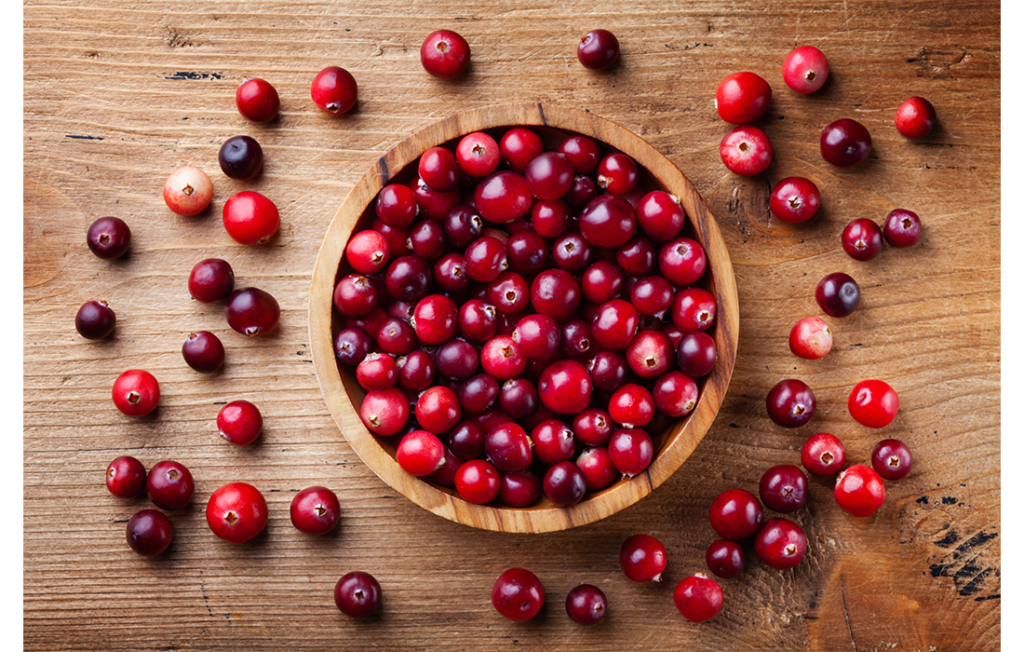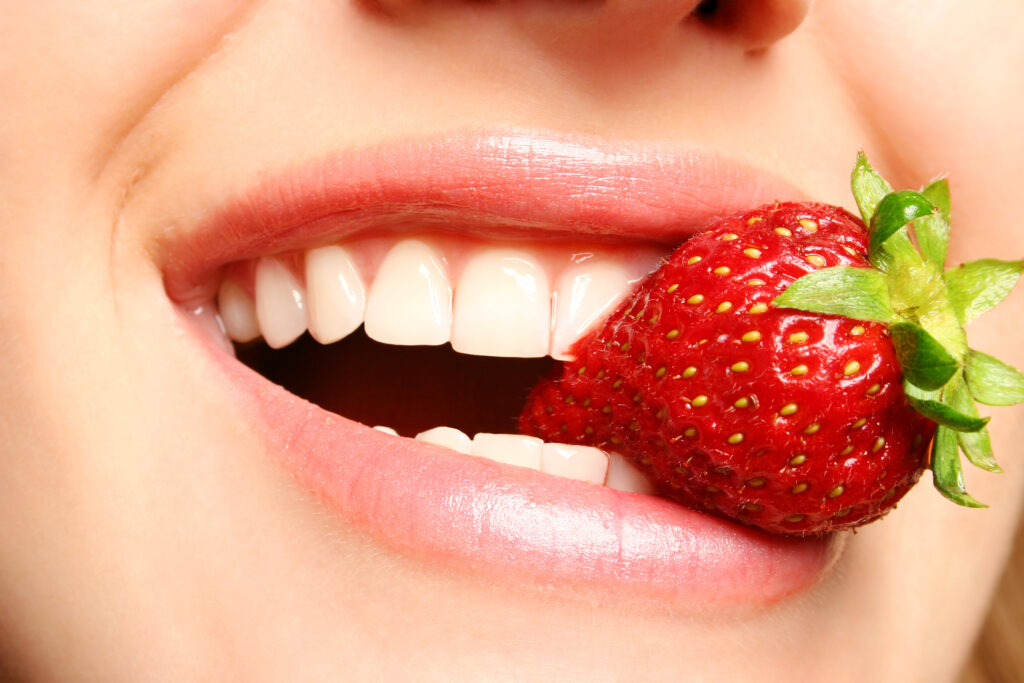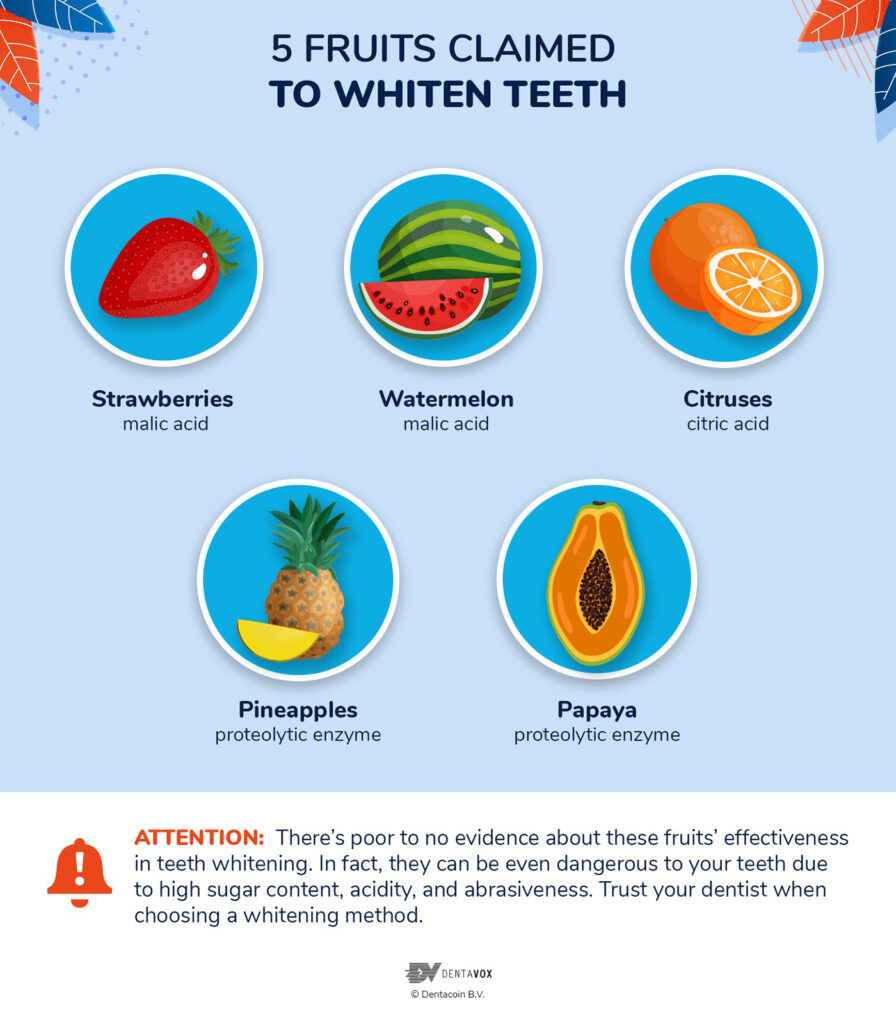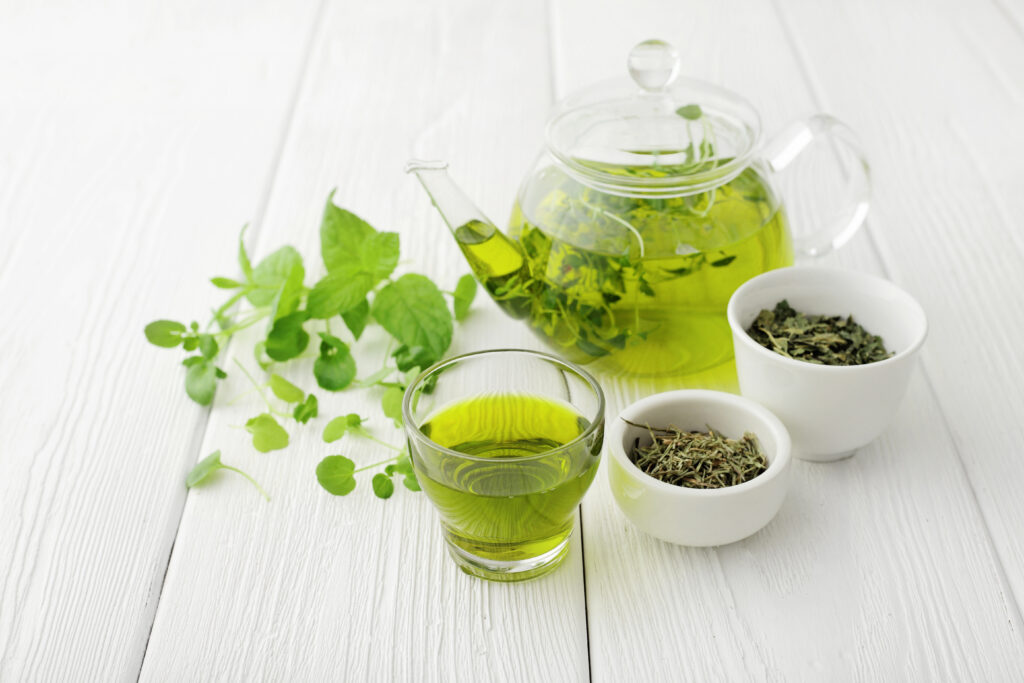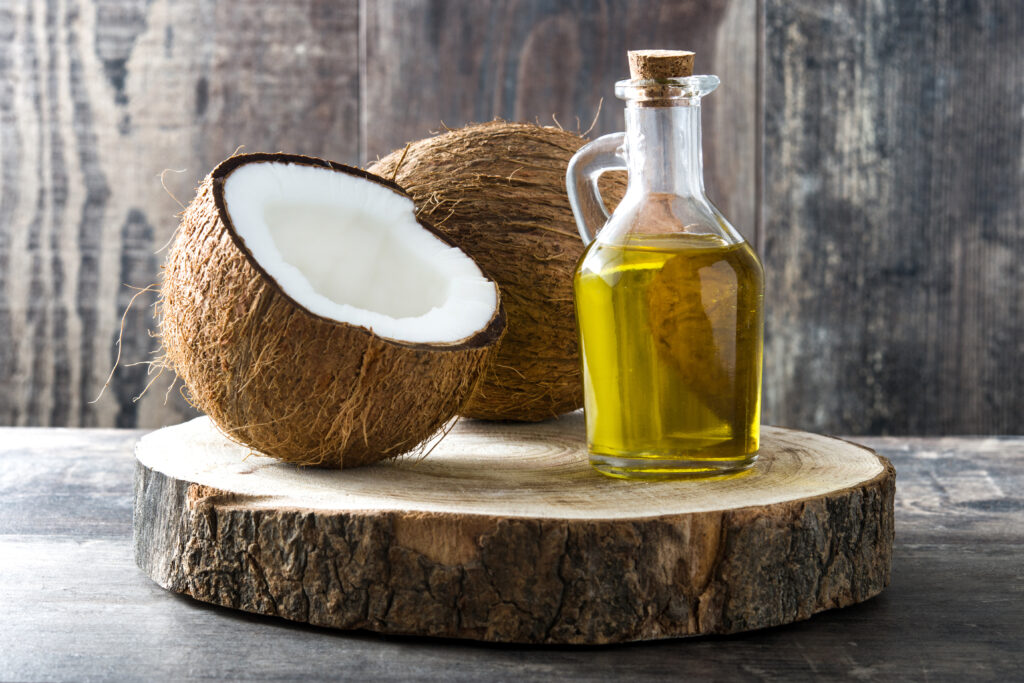Natural Remedies For Teeth: 10 Myths, Facts And Stats

Living in more natural and sustainable ways has recently started being a goal for an increasing number of people. The world of over choice we live in, along with the decades-long research on the negative effects of numerous synthetic products, are more and more emphasising the importance of carefully selecting what we surround, feed, and treat our bodies with.
This trend, quite naturally, reflects onto healthcare as well. Instead of using traditional synthetic oral care products, some people turn to older techniques, fruits, and other plants. But are all of those safe and effective? DentaVox Surveys platform explored the perceptions of myths and facts about natural remedies for teeth among 3058 respondents.
1 Tea tree oil can help kill bacteria in your mouth: FACT
Don’t get us wrong: Some natural products do have proven effectiveness in certain regards. Such is the case with tea tree oil, for example, that provenly has antimicrobial properties even against resistant bacteria such as E. coli. According to 56% of DentaVox respondents, tea tree oil has the same effect on bacteria in the mouth.
Is this true? There is scientific evidence supporting this fact. The study even compares chlorhexidine mouthwash with tea tree oil, pointing out that both therapies are effective against plaque and bleeding gums with tea tree oil being more helpful against gum issues.
2 Saltwater rinse will relieve toothache: MYTH
The majority of our survey participants, nearly 60%, think that saltwater rinse does relieve toothache.
One quick search on Google shows numerous articles advising on its use and that’s no surprise, as the internet is known for offering relief to any kind of pain. But does relieving the pain solve the actual problem? More often than not this is not the case. Saltwater rinse may be a temporary aid but don’t trust it too much. Toothache is usually just a symptom of more serious dental issues such as caries or pulp infection. Don’t try to alleviate its symptoms, call your dentist as soon as possible to treat the actual problem.
3 Baking soda is safe for cleaning stained teeth: MYTH
Besides not being really natural in common sense, baking soda has been people’s to-go treatment for numerous issues from stomach, through skin, to teeth. 62% of DentaVox interviewees do believe that it is completely safe for cleaning stained teeth.
Although there is some research on its effectiveness, the safety of scratching your teeth with baking soda is highly questionable. Here are just a few reasons why you better skip it in your routine.
4 Cranberries are useful for caries prevention: FACT
Our respondents are highly confused in their estimation of the usefulness of cranberries for caries prevention. This is expected as there are many natural remedies that are more famous online.
In fact, research shows that the polyphenols in cranberries significantly reduce the incidence and severity of smooth surface caries (for now, in animal models). On top, cranberries have antioxidants outranking almost any other fruit, so next time you stop by the supermarket, don’t forget to stop by the fruit section. But, unfortunately, cranberry jam doesn’t count.
5 Apple cider vinegar naturally cleans and whitens teeth: MYTH
Nearly 40% of DentaVox survey participants think that apple cider vinegar is yet another home remedy that can be successfully used for cleaning and whitening teeth.
The experts’ verdict? Avoid it at all costs. Apple cider vinegar is highly acidic which means that it gradually destroys the protective layer on your teeth, i.e. tooth enamel. Once the tooth enamel is gone, the dentin below starts showing, and your teeth not only do not shine as before, but they also start to look yellow.
6 Cloves has anti-inflammatory properties: FACT
It is surprising to notice that the vast majority of our interviewees (71%) are aware of the anti-inflammatory properties of cloves.
Even though more specific research is needed, several studies conclude about clove’s potential to prevent plaque and reduce inflammation due to its antiviral and antioxidant properties.
7 The riper the strawberries, the less harmful to teeth: FACT
Several fruits have been enjoying the fame of natural teeth whiteners. Strawberries are among them. Although being provenly harmful against tooth enamel due to the high content of sugar and citric acid, applying ripe strawberries’ mash on teeth instead of rubbing them can be at least a better idea. The riper the strawberries the higher the concentration of malic acid compared to the more harmful citric acid.
What other fruits are claimed to whiten teeth and due to which ingredients? See below.
8 Replacing mouthwash with green tea has only benefits: MYTH
Mouthwash is a regular participant in people’s oral hygiene routine. But can it be replaced completely with a natural alternative such as green tea? According to 47% of DentaVox survey participants, that’s not such a good idea.
Experts agree and point out that despite green tea having antimicrobial and antioxidant properties, it also has a negative impact on the tooth surface colour with tannins causing stains. Moreover, depending on the type, it may not contain sufficient amounts of fluoride to protect your teeth against cavities.
9 Aloe vera can kill harmful bacteria in the mouth: FACT
Aloe vera has been among the most popular naturally healing plants for ages. Nowadays, there are entire business concepts based fully on aloe vera products for different purposes. But how useful is it to teeth and can it really kill harmful oral bacteria?
Science supports this fact with a 2015 review confirming that the antibacterial effect of aloe vera gel kills harmful bacteria in the mouth. It is also likely to help remineralise enamel for caries prevention but more research is needed on this matter.
10 Coconut oil pulling is proven to whiten teeth: MYTH
Respondents seem hesitant in assessing the whitening properties of coconut oil pulling. And rightly so.
Oil pulling means swishing a teaspoon of coconut oil around the mouth to whiten teeth. While this practice is claimed to remove plaque-causing bacteria, currently this is just a theory with insufficient scientific evidence.


